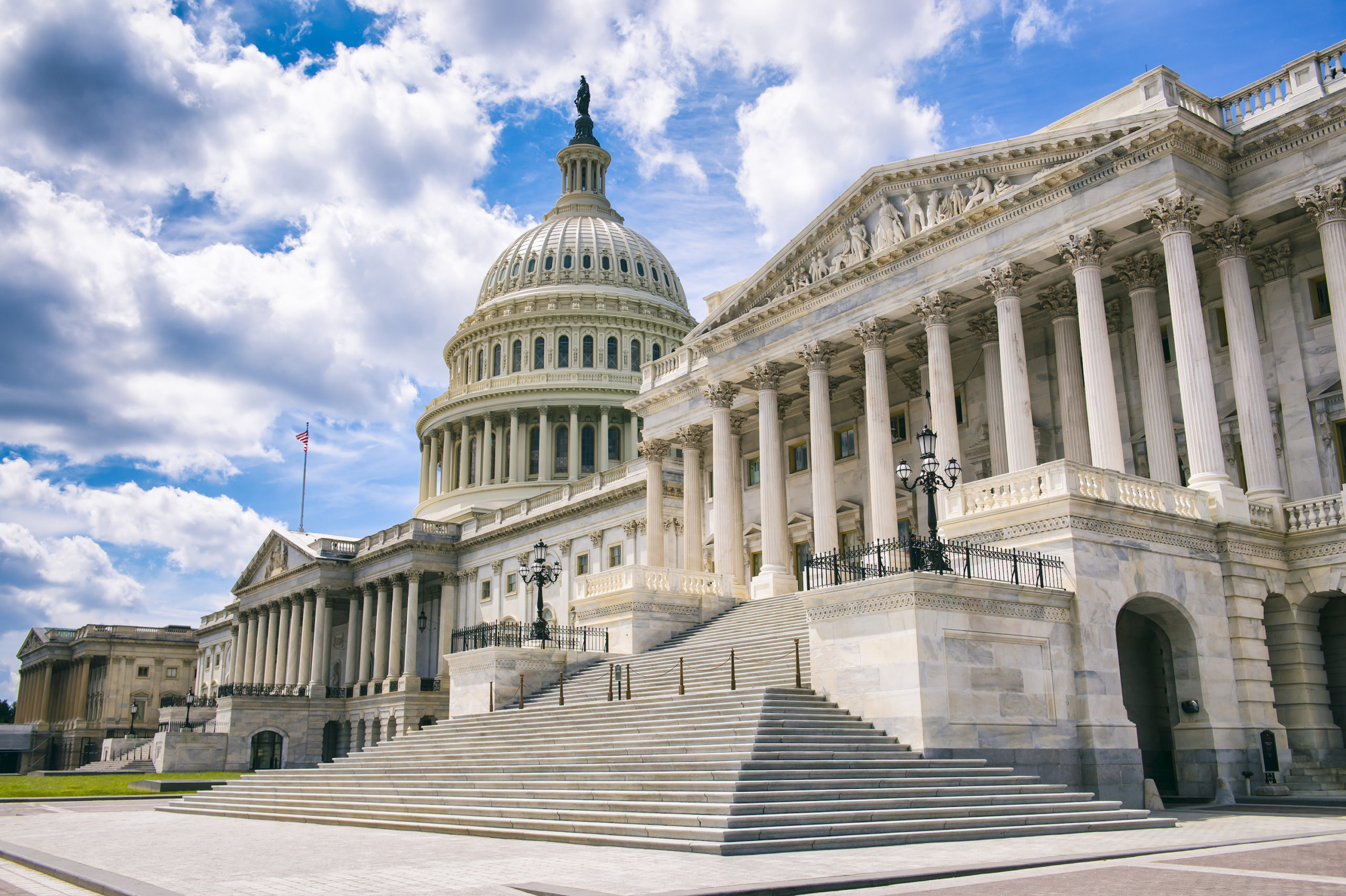In mid-March, it was critical to provide regulatory flexibility for serology test developers.
In a memo released April 24, 2020, by House Oversight Subcommittee on Economic and Consumer Policy, House Democrats called for the US Food and Drug Administration (FDA) to take action on unreliable SARS-CoV-2 serology testing. Concerns brought up by House Democrats included a lack of the enforcement and resources needed by the FDA to enforce unreliable or fraudulent serology testing.
Used as an example was an emergency room in Laredo, Texas, that purchased 20,000 tests from a manufacturer in China for $500,000, only to find them impossible to validate and use. Democrats also expressed concerns that unreliable tests could affect plans to reopen the economy and control the spread of COVID-19.
Other unfortunate developments also have occurred, including “unscrupulous actors marketing fraudulent test kits,” false claims that serological tests were “FDA approved or authorized,” claims that the tests can “diagnose COVID-19,” or that serological tests are “for at-home testing,” according to the FDA.
Two major issues have surged through public and political discourse: Serological tests are being promoted inappropriately (including for diagnostic use), or they are performing poorly based on an independent evaluation by the National Institutes of Health (NIH).
At the time, FDA Commissioner Stephen Hahn responded to questions about serology testing reliability: “under our policy, we provided flexibility. What we’ve told manufacturers is that in order to market in the US, they have to validate their tests, they have to tell us that they validated their test, and then in the package insert they have to let people know—end users, labs, etc.—that those tests were not authorized by the FDA. We’ve authorized four, as I mentioned, more are in the pipeline. And these tests that have come in without any information to us, but have been self-validated, as I mentioned at the podium a couple days ago, we are working with the National Cancer Institute, as well as CDC, to perform our own validation of the tests that have been sent to us. So, we’ll provide as much information as we possibly can. And there is transparency on our website about those tests, and also the tests that we have authorized.”
Since then, others have offered new insights into earlier decisions around SARS-CoV-2 serological testing, including Anand Shah, MD, Deputy Commissioner for Medical and Scientific Affairs, and Jeff Shuren, MD, Director, Center for Devices and Radiological Health.
However, it remains to be seen the full extent of how political attention on serology testing will influence public perception and policy affecting the availability and quality of SARS-CoV-2 serology testing.
Implications of Political Positioning for Clinical Laboratories
More political and public pressure around SARS-CoV-2 serology testing may continue to influence regulatory requirements.
The FDA recently released an EUA template for certain serology testing, and labs should stay abreast of further regulatory developments as they occur.
Also more recently, the FDA outlined the following expectations for antibody test developers:
- Commercial manufacturers will submit EUA requests, with their validation data, within 10 business days from the date they notified the FDA of their validation testing or from the date of this policy, whichever is later.
- Furthermore, the FDA has provided specific performance threshold recommendations for specificity and sensitivity for all serology test developers.
Calls for increased enforcement of existing regulations and for more resources to be directed toward enforcement for ensuring the validity and quality of serology testing may lead to increased scrutiny into clinical laboratories’ validation and use of serology tests. Laboratories should ensure that the testing kits will not be affected by increased regulatory attention to avoid potentially unnecessary capital expenses or waste of resources on reagents and test supplies that may be unable to be used later.
 —By Caleb Williams, Editor, COVID-19 STAT
—By Caleb Williams, Editor, COVID-19 STAT
Related Resources:
House Democrats April 24 Memo on Antibody Testing Investigation
FDA April 28 Notice to Manufacturers and Stakeholders: Antibody Tests
Insights into FDA’s Revised Policy on Antibody Tests
FDA Revised Policy for Coronavirus Test Development Issued May 11






